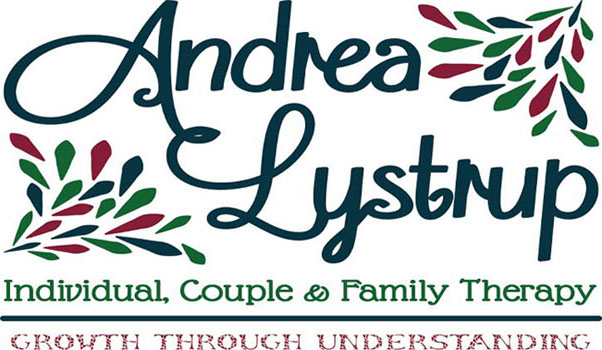Five Steps to Meaningful Communication
 Have you ever found yourself saying “you’re not listening”, just to be followed up with “yes I am, here’s what you just said…”? Well then this post is for you.
Have you ever found yourself saying “you’re not listening”, just to be followed up with “yes I am, here’s what you just said…”? Well then this post is for you.
Communication is a buzzword that people like to throw around, and most people can articulate to some degree what communication is. If I were to ask you what communication is, I’d imagine you’d say something like “communication is about talking and listening to other people in order to reach an understanding”. So if we all know what communication looks like, why are our attempts at communication not satisfying? It’s because we are missing a key piece of the equation:
Communication = Content + Connection
Connection is one of those abstract concepts that is difficult to describe, but you know it when you feel it. I’m willing to wager a pretty penny that when you find yourself telling someone that they aren’t listening, what’s really happening is you don’t feel connected to them. When I teach communication skills to my couples I spend 10% of our time adjusting the content of their message, and 90% of the time helping them include connection in their communication. Here’s my recipe for warm, meaningful, connection:
- Speak so that others aren’t playing defense while listening to you.
- Blaming, complaining, and criticizing are things that no one particularly wants to hear, and this type of communication signals others to start playing defense. When “you” becomes the prominent pronoun in your communication, chances are you’re probably blaming or criticizing. Maximize the likelihood of being listened to by switching the pronoun from “you” to “I”. This does NOT mean that you get to say “I feel that you don’t help out with the dishes enough”. Instead say “I feel overwhelmed handling the volume of dishes we have.” This kind of language puts you on the same team to work out solutions together instead of playing offense and defense.
- Listen attentively without thinking about your rebuttal.
- This one is pretty self-explanatory. Listen as though it is the most important thing in the world, because it is. If you are not in a position to be able to listen attentively due to an exhausted brain, speak up and own your limits. Say something along the lines of “I really can’t give you my all right now, can I unwind for a few minutes and then come back to this conversation?” My husband and I like to joke that it’s better to be a zombie than talk to one. So when one of us is in zombie mode and can’t listen attentively, we both take some time to unwind and then come back to the conversation.
- Reflect back what you heard the other person say.
- Again another easy one. All you have to do is summarize what you heard the other person say. This isn’t your chance to offer opinions or your perspective on what they had to say, just repeat back what you heard. This gives you and the other person a chance to make sure that you heard what they intended to say. Going back to the dishes discussion, the reflection might go something like this: “I heard you say that you are overwhelmed with the amount of dishes you are doing.”
- Empathize with what you heard them say.
- Up until this point in the recipe we’ve been focused on content. This is where we bring in connection to warm up our communication. Emotions are the key to connection. After you reflect back what you heard the other person say, guess the feelings that they have but may not have said. For example, “you probably feel unsupported when I don’t chip in with the dishes.” This ingredient often requires us to taste a bit of humble pie, because it is difficult to admit that we aren’t perfect partners. As hard as it is though, it’s worth it because vulnerability is the seed that brings about satisfying connection. Look at it this way, you probably want your partner to do this for you. If you both swallow the humble pie, then you both get what you want.
- Validate their feelings.
- Chew and swallow your humble pie and let the other person know that it makes sense that they would feel this way, and that others would feel similarly given the same situation. This doesn’t mean that you are conceding that you are wrong. Communication is not about deciding who is right and who is wrong, it’s about strengthening your relationship through connection. After you go through this cycle repeat and take your turn to get validated!
If you are in Tucson, Arizona and are seeking individual or couple’s counseling call (240) 558-7198 to schedule an appointment!
